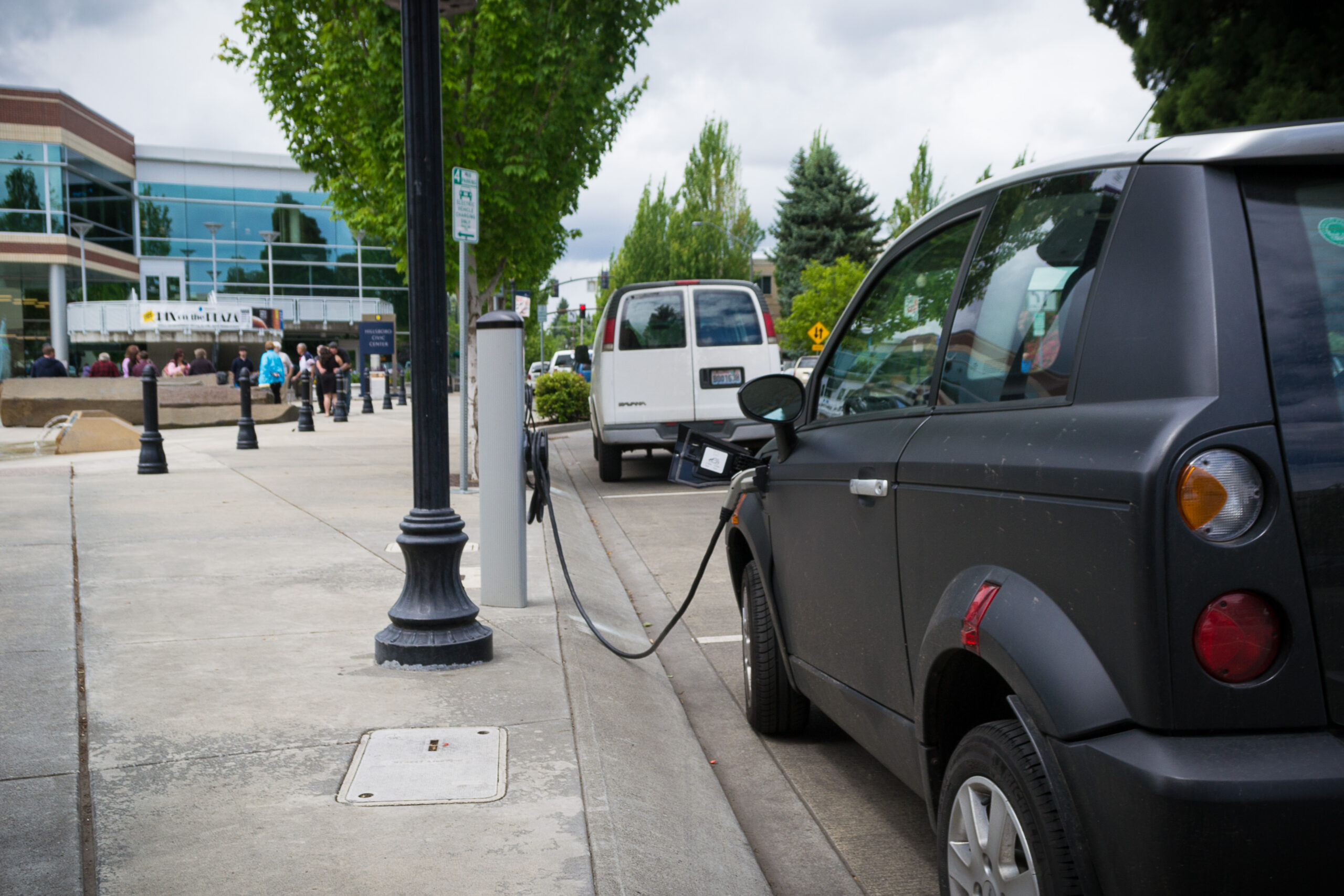Business
Renewable Energy Surpasses Coal as Climate Debate Intensifies

During a parliamentary committee meeting, Bloc Quebecois MP Patrick Bonin questioned Alberta Premier Danielle Smith on her stance regarding climate change. While Smith acknowledged that the planet is warming, her responses raised concerns about the government’s commitment to addressing the climate crisis. Bonin pressed for clarity on whether she believed human activities were the primary cause of recent global temperature increases. Smith replied, “I don’t know the answer to that. I’m not a scientist,” a statement that has drawn criticism from environmental advocates.
The debate comes at a time when scientific evidence overwhelmingly indicates that human actions, particularly the burning of fossil fuels, are heating the planet at unprecedented rates. Major scientific organizations agree that greenhouse gas emissions from coal, oil, and gas are leading to severe environmental consequences. Reports of extreme weather events, such as the recent “storm of the century” that impacted Jamaica and widespread droughts in Africa, highlight the urgency of transitioning to renewable energy sources.
The shift towards renewable energy is not just a matter of environmental necessity; it is also becoming economically advantageous. In early 2025, renewable energy sources generated more electricity globally than coal for the first time, accounting for 34.3 percent of total electricity production compared to coal’s 33.1 percent. A report by the energy think tank Ember noted that as global energy demands grow, innovations in solar and wind technologies have met and exceeded new electricity needs.
Electrotech Revolutionizes Energy Production
Analysts Sam Butler-Sloss, Daan Walter, and Kingsmill Bond from Ember described the rise of “electrotech,” which encompasses renewable energy technologies, electric vehicles, and energy-efficient systems, as a revolution in how electricity is generated and consumed. They explained, “Electrotech makes a thermodynamic mockery of burning fossil fuels,” noting that combustion processes waste more than two-thirds of energy as heat. In contrast, renewable technologies like solar panels and electric vehicles are approximately three times more efficient.
The economic implications of this shift are significant. The report emphasizes that renewable technologies benefit from increasing returns—meaning costs decrease as production scales up—while fossil fuel extraction faces diminishing returns as resources become harder to obtain. This trend positions countries with abundant renewable resources in a powerful position, allowing them to achieve energy independence.
The geopolitical landscape is also changing. As the report suggests, “The sun cannot be turned off by foreign actors,” highlighting the potential for many nations to harness their solar and wind resources, effectively becoming their own energy producers. This contrasts sharply with the fossil fuel industry, which has historically concentrated wealth and power in a few resource-rich countries.
Despite the clear advantages of transitioning to renewable energy, the fossil fuel industry and its supporters continue to advocate for traditional energy sources. In Canada, for example, the government is investing over $21.5 million to explore carbon capture and storage technologies. Critics argue that carbon capture is not a viable solution, as it has primarily been used to extract additional oil rather than reduce emissions effectively.
Urgency for Change
The focus on carbon capture reflects a broader trend of prioritizing fossil fuel interests over the pressing need to transition to cleaner energy sources. Most emissions produced from fossil fuels occur during combustion, not extraction, which underscores the inadequacy of current plans that merely aim to reduce emissions from production.
The call for immediate action is echoed by environmental leaders. David Suzuki, a prominent scientist and broadcaster, emphasizes the need to move beyond outdated fossil fuel systems that compromise public health and environmental sustainability. The future lies in adopting cleaner, more efficient energy solutions that are readily available and economically viable.
As the world grapples with the realities of climate change, the evidence points toward a clear path forward: a transition to renewable energy is not just a preference but an imperative for a sustainable future. The urgency of this shift cannot be overstated, as the consequences of inaction continue to mount, threatening both the planet and human well-being.
-

 Science3 months ago
Science3 months agoToyoake City Proposes Daily Two-Hour Smartphone Use Limit
-

 Top Stories3 months ago
Top Stories3 months agoPedestrian Fatally Injured in Esquimalt Collision on August 14
-

 Health3 months ago
Health3 months agoB.C. Review Reveals Urgent Need for Rare-Disease Drug Reforms
-

 Technology3 months ago
Technology3 months agoDark Adventure Game “Bye Sweet Carole” Set for October Release
-

 World3 months ago
World3 months agoJimmy Lai’s Defense Challenges Charges Under National Security Law
-

 Lifestyle3 months ago
Lifestyle3 months agoVictoria’s Pop-Up Shop Shines Light on B.C.’s Wolf Cull
-

 Technology3 months ago
Technology3 months agoKonami Revives Iconic Metal Gear Solid Delta Ahead of Release
-

 Technology3 months ago
Technology3 months agoApple Expands Self-Service Repair Program to Canada
-

 Technology3 months ago
Technology3 months agoSnapmaker U1 Color 3D Printer Redefines Speed and Sustainability
-

 Technology3 months ago
Technology3 months agoAION Folding Knife: Redefining EDC Design with Premium Materials
-

 Business3 months ago
Business3 months agoGordon Murray Automotive Unveils S1 LM and Le Mans GTR at Monterey
-

 Technology3 months ago
Technology3 months agoSolve Today’s Wordle Challenge: Hints and Answer for August 19









